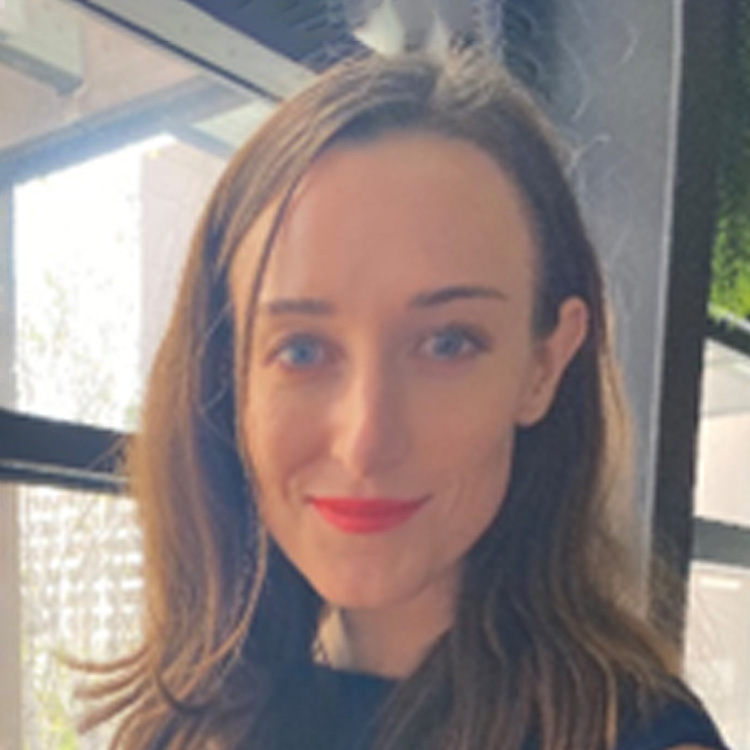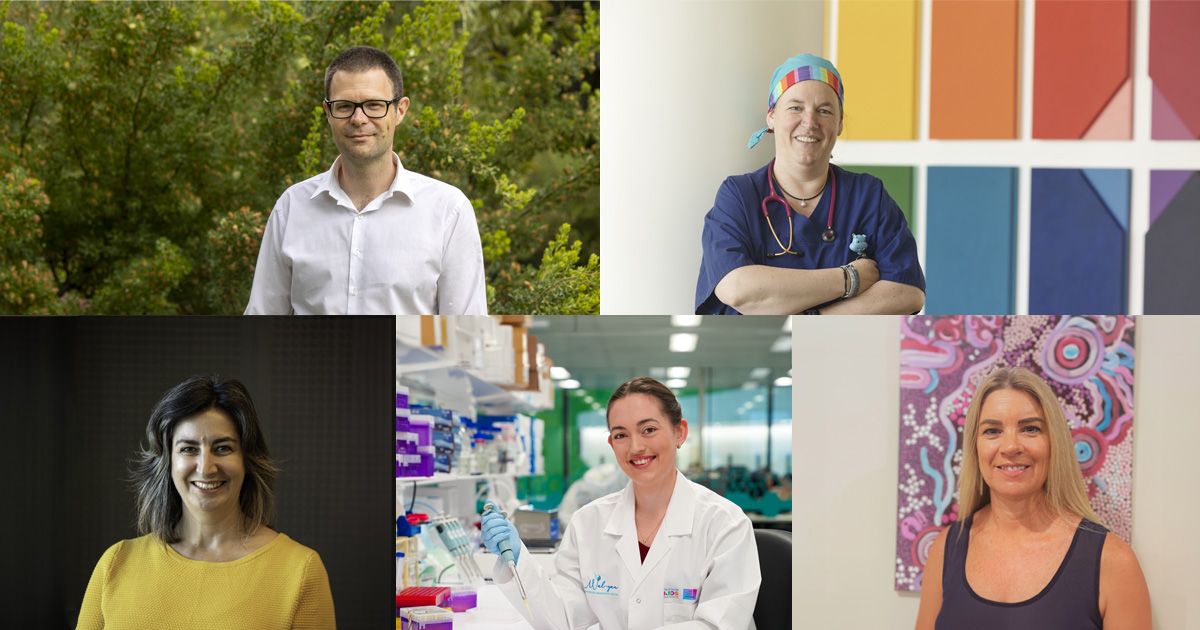Search
Early childhood caries disproportionately affects vulnerable groups and remains a leading cause of preventable hospital admissions for Western Australian children. The Western Australia State Oral Health Plan seeks to improve child oral health through universal and targeted health promotion initiatives with primary caregivers.
SPARX is a form of computerized cognitive behavioural therapy in serious game format funded via the Ministry of Health to be freely available in New Zealand. At registration users identify themselves as male, female, transgender or intersex. We aimed to establish whether adolescent transgender users of SPARX, compared to adolescent male and female users, were more likely to have high mental health needs at baseline and were more likely to complete SPARX. We also sought to determine changes in transgender adolescents' depressive symptoms after using SPARX.
Previous research has established that adolescents with type 1 diabetes (T1D) experience more anxiety symptoms than their healthy peers and are also more likely to develop an anxiety disorder. Research in cognitive psychology has found that selective attention favouring the processing of threatening information causally contributes to elevated levels of anxiety; however, this process has not been investigated in the context of T1D.
Vigilant Attention (VA) is a critical cognitive function allowing to maintain our attention, particularly in redundant or intellectually unchallenging situations. Evidence has shown that, as the brain develops, VA abilities rapidly improve throughout childhood and adolescence.
Self-regulation is a modifiable protective factor for lifespan mental and physical health outcomes. Early caregiver-mediated interventions to promote infant and child regulatory outcomes prevent long-term developmental, emotional and behavioural difficulties and improve outcomes such as school readiness, educational achievement and economic success. To harness the population health promise of these programmes, there is a need for more nuanced understanding of the impact of these interventions.
There is a need for effective and youth-friendly approaches to suicide prevention, and social media presents a unique opportunity to reach young people. Although there is some evidence to support the delivery of population-wide suicide prevention campaigns, little is known about their capacity to change behaviour, particularly among young people and in the context of social media. Even less is known about the safety and feasibility of using social media for the purpose of suicide prevention.

Gender dysphoria is experienced differently by everyone. Here are some ideas that could help trans and gender diverse young people cope with dysphoria.

Senior Research Officer

Five The Kids Research Institute Australia researchers working across diverse and highly impactful areas of child health research have been named as finalists for the 2023 Premier’s Science Awards.

The generous support of West Australians through Channel 7’s Telethon Trust will help support vital child health research at The Kids Research Institute Australia in 2023.
